Jean-Paul Sartre (1905–1980) was one of the most influential thinkers of the twentieth century. Regarded as the father of existentialist philosophy, he was also a political critic, moralist, playwright, novelist, and author of biographies and short stories. Thomas R. Flynn provides the first book-length account of Sartre as a philosopher of the imaginary, mapping the intellectual development of his ideas throughout his life, and building a narrative that is not only philosophical but also attentive to the political and literary dimensions of his work. Exploring Sartre’s existentialism, politics, ethics, and ontology, this book illuminates the defining ideas of Sartre’s oeuvre: the literary and the philosophical, the imaginary and the conceptual, his descriptive phenomenology and his phenomenological concept of intentionality, and his conjunction of ethics and politics with an ‘egoless’ consciousness. It will appeal to all who are interested in Sartre’s philosophy and its relation to his life.
Sartre: A Philosophical Biography
$13.00
- Publisher : �Cambridge University Press (December 29, 2014)
- Language : �English
- Hardcover : �454 pages
- ISBN-10 : �0521826403
- ISBN-13 : �978-0521826402
- Author :
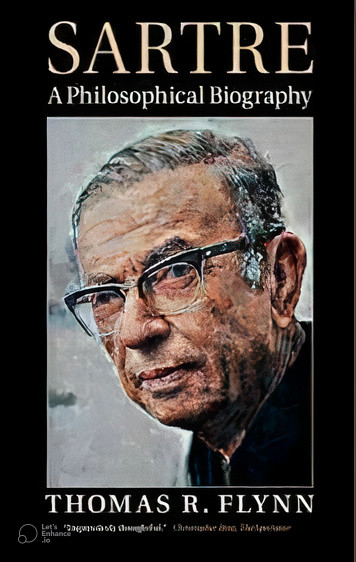
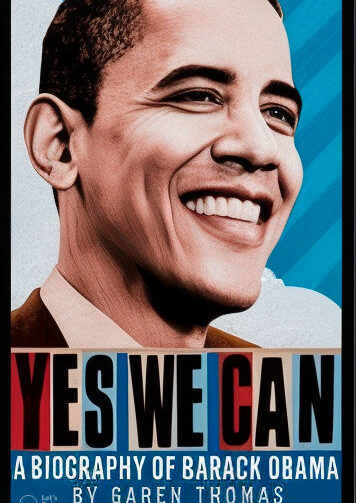
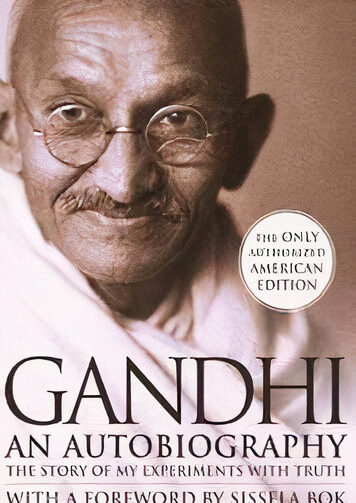
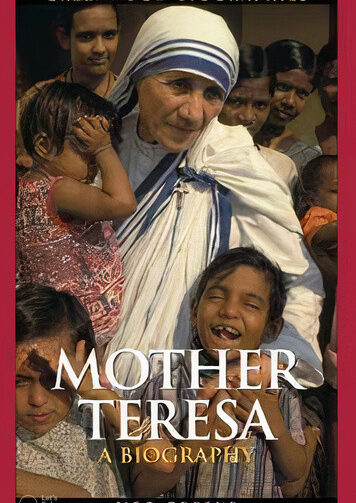
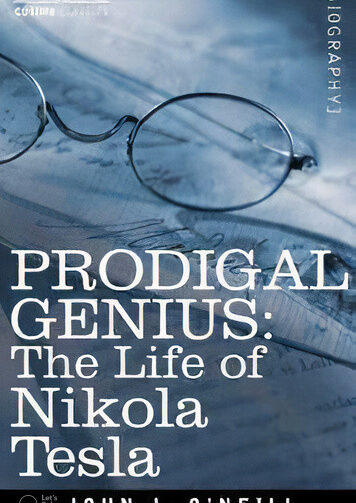
Mihal Ceittin (verified owner) –
If your’re a fan of French intellectual life and the Sartrean approach in particular this first-rate study is for you. It examines the evolution of Sartre’s ‘engagement’ with the great topics of the 20th century as well as the twists, turns, contradictions and dead-ends of his oeuvre. Not for the casual reader though. You need to have a good grounding in 20th Cenrury continental philosophy and its antecedents.
Eric Panicco (verified owner) –
Tom Flynn has long been one of the definitive voices in Sartre scholarship. This work is a tremendous addition to that body of work (and it doesn’t hurt that it is even enjoyable to read).
Thomas O Cullen (verified owner) –
Thorough but intelligible to a non professional.
reading man (verified owner) –
Flynn’s book is valuable because he treats Sartre’s fiction as well as his philosophical books. He also gives a fairly clear exegesis of the major works, but his prose is straight academic, and if you aren’t interested deeply in the whole of Sartre’s ouevre, you may find certain chapters hard going.
I think Castallano’s guides to BEING AND NOTHINGNESS and CRITIQUE 1 are both more lucidly written than Flynn’s accounts, besides being by definition fuller accounts of Sartre’s two major philosophical works, and you should definitely read them for a more complete understanding of both.
I definitely do not recommend this book to anyone who’s a novice in modern philosophy, Sartre’s work in particular. It absolutely is not a substitute for reading Sartre, and if someone tries to use it as such, he’ll be lost after ten minutes of reading.